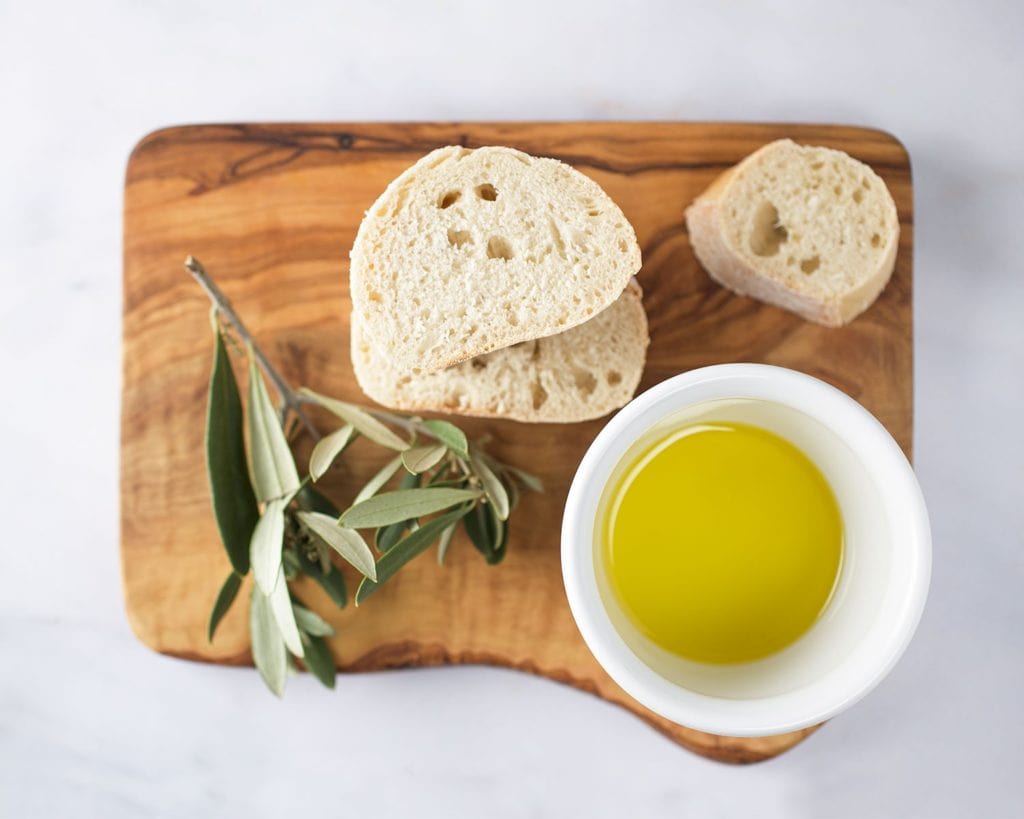Yes – but it has to be the best olive oil for health benefits.
Updated February 29th 2024

Summary
- Olive Oil has many health benefits if taken regularly but it has to be the best quality olive oil you can find.
- All olive oils are high in monounsaturated fatty acids, containing about 75% by volume which can help lower your “bad” LDL cholesterol.
- Extra Virgin Olive Oil has the highest volume of antioxidants and anti-inflammatory properties.
- Morocco Gold has an especially high level of polyphenols – a key antioxidant with multiple health benefits.
Contents
- Senior Dietician Backs Health Benefits of Olive Oil
- Why Is Extra Virgin Olive Oil Extra Healthy?
- Our Moroccan Gold Evoo Is Healthy & Tasty
- Tips For Using Extra Virgin Olive Oil In Your Diet More Frequently
Senior Dietician Backs Health Benefits of Olive Oil
Many dieticians and nutritionists have dedicated their careers to understanding how our food choices impact our health and well-being and many have identified the important role that healthy fats play in supporting good health.
Of all the plant-based oils available, extra virgin olive oil stands out as one of the most beneficial. The research on olive oil’s health properties continues to grow, reinforced by both epidemiological and clinical studies demonstrating reductions in risk for heart disease, type 2 diabetes, neurodegenerative diseases, and some cancers. In particular, the antioxidants and anti-inflammatory compounds uniquely found in extra virgin olive oil have been linked to these protective effects.
So let’s consider some of the most compelling new findings about olive oil’s health benefits and why one specific Dietician recommends incorporating it regularly into a nutritious diet.
Here are some extracts from Victoria Taylor’s findings:
“Olive oil is often linked with good heart health due to its role in the Mediterranean diet and can contain substances that have been linked to health benefits. Instead of taking olive oil as a supplement think about adding it to meals, for example as a salad dressing. About 70g (2½ oz) of fat a day is the maximum recommended for an adult. That includes the fats in foods (cakes, biscuits, crisps and pastry as well as nuts, seeds, oily fish and dairy products) and also the fats we add as spreads, butter and oil”.
Victoria Taylor, senior dietitian at the British Hear Foundation.
She goes on to say:
“The concern often associated with eating too much fat is that it is high in calories, so too much can mean we gain weight. But national surveys of our diets tell us that on average, the amount of fat in our diet is about right. The issue is where the fat is coming from. Many of us are eating too much saturated fat – such as butter, ghee, coconut and palm oil, as well as the fat in meat, chocolate and biscuits. This can lead to high cholesterol levels, which can increase your risk of heart and circulatory disease. Most of the fat we eat should be unsaturated – that includes olive oil and other unsaturated oils, like sunflower and rapeseed, as well as nuts, seeds and oily fish. Switching from saturated to unsaturated fats is the main thing to focus on in terms of fat and heart health”.
Source: Is olive oil good for you?
Why Is Extra Virgin Olive Oil Is Evoo Extra Healthy?
Victoria’s comments on the health benefits of extra virgin olive oil are echoed by many other medical experts.
According to Howard E LeWine MD, the Chief Medical Editor at Harvard Health Publishing –
“Many studies continue to confirm the health benefits of the Mediterranean diet, which cuts the risk of heart disease and stroke. The diet’s nutritional benefits probably come from various sources, but the generous use of extra virgin olive oil appears to be a key contributor.
Regardless of the type, olive oil is high in monounsaturated fatty acids, containing about 75% by volume. When substituted for saturated fat, monounsaturated fats help lower your “bad” LDL cholesterol. The health benefits of extra virgin olive oil have been attributed to its antioxidant and anti-inflammatory properties. In fact, observational studies have shown a link between lower risks of cardiovascular disease, some cancers, and even dementia in people who consume higher amounts of olive oil than those who use little or none”.
He adds – “Science has proven that chronic, low-grade inflammation can turn into a silent killer that contributes to cardiovascular disease, cancer, type 2 diabetes and other conditions. Still, extra-virgin olive oil does offer something extra that regular olive oil does not.
Extra-virgin olive oil is pressed mechanically from ripe olives and processed without high heat or chemical solvents. This protects chemicals in the oil called polyphenols. In contrast, regular, highly processed olive oils lose these chemicals.
Small laboratory-based experiments suggest that higher concentrations of polyphenols may provide extra antioxidant effects. Keep in mind that olive oil is not the sole healthy ingredient in a Mediterranean diet. Think of it as just one aspect of the Mediterranean style of eating, which includes plenty of fruits, vegetables, and nuts; whole grains; and limited amounts of red meat.
Tips For Using Extra Virgin Olive Oil In Your Diet More Frequently
Extra virgin olive oil (EVOO) is not only a staple for dressings and marinades but is also a heart-healthy choice that can enhance the flavour of various dishes. To incorporate it more into your diet, consider substituting EVOO for butter when sautéing or blend it into smoothies for a nutrient boost.
Remember to store your olive oil in a cool, dark place to maintain its delicate flavours and nutritional properties. Regular use of EVOO could be a simple yet effective step toward a healthier lifestyle with the added bonus of enriching the taste profiles of your meals.
